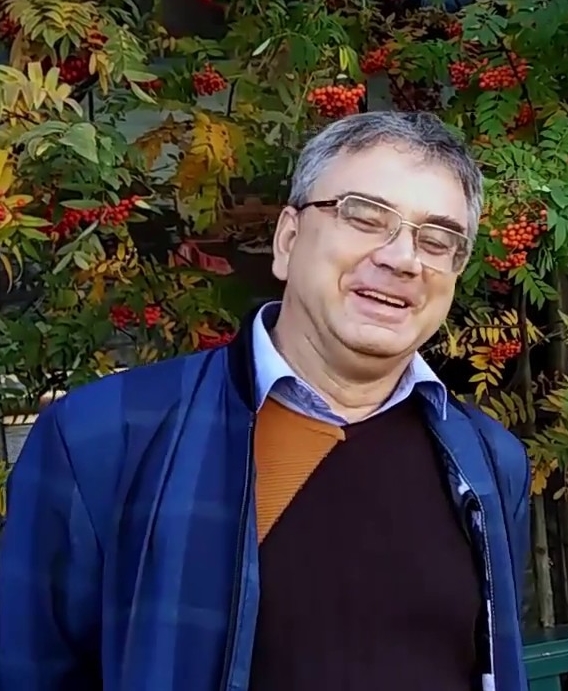The Russian spiritual and academic philosophy did not pay essential attention to criticism of the ideas of socialism and Marxism up to the beginning of the 20th century. Ethical approach in perception of new social and philosophical doctrines, in particular, condemnation of the ideas of political radicalism (“opposition and destruction”) and class fight (“social hostility”) dominated. In the 60–70s of the 19th century the critics was generally connected with the addressing the analysis of works of the French predecessors of scientific communism – A. Saint-Simon, G. Babyofa, E. Coba, A. Fourier and also the Russian radical writer N.G. Chernyshevsky. Orthodox philosophers were unprepared to discussion of social and economic problems and criticism of political economy of Marxism. Orthodox authors recognized Christian charity and “Christian brotherly communication” to be an alternative to class fight that was not the adequate answer to that challenge which was thrown down by the Marxist social and economic doctrine. Besides, imperial censorship since the 80s and to the middle of the 90s of the 19th century (in the period of Alexander III's government) forbade writing something about socialism and Marxism in general. Such concealment only promoted strengthening of appeal of the socialist ideas and growth of influence of political radicalism in Russia.
Keywords: Orthodox theism, conservative ideology, Christian socialism, utopian socialism, Marxism, godless atheism.
DOI: 10.22250/2072-8662.2018.4.111-117
About the author
 |
Sergey V. Pishun – Doctor of Philosophy, Full Professor, Professor at the Department of Philosophy and Religious Studies of School of the Humanities of FEFU; Ussuriysk; This email address is being protected from spambots. You need JavaScript enabled to view it. |






